- Lower energy and a need for more rest and sleep
- Trouble focusing on a task
- More creativity
- Disruptions in digestion (bloating, change in bowel habits, etc.)
- More headaches and body aches
- Breakouts of eczema or acne
LIVER and DETOX SUPPORT
Traditionally, springtime is a time to focus on "lightening up" from the heaviness of winter. A time to amp up detoxification efforts and support the body's natural process of transforming and letting go. We've written a few blogs about detoxification, including "Daily Habits that Promote Detoxification" by Jesse.
Here are some nutrient and botanical powerhouses that we often include in a detox plan for our patients. One of our favorite "done for you" detox products, Core Restore, is also available for sale in our store.
NAC
N-acetyl cystine is an amino acid that helps our bodies make glutathione. Glutathione is an antioxidant that helps our bodies combat damage from free radicals. Glutathione also supports our inherent detoxification system. Glutathione is difficult to absorb and our bodies easily make glutathione when provided with precursors such as NAC.
Botanicals
Herbs that support a healthy detoxification system include artichoke, turmeric, and milk thistle. Artichoke may protect our liver cells, provide antioxidant benefit and improve bile production. There is no shortage of studies on turmeric and liver health. Turmeric may reduce liver injury, reduce liver fat content, and increase detoxification systems. Milk thistle acts as an antioxidant and may inhibit the binding of toxins to our liver cells.
Broccoli sprouts
Brassicas, like cauliflower, cabbage and broccoli contain a compounds called sulfuraphane, a compound that encourages detoxification pathways for estrogen and estrogen-like compounds like BPA. Sulfuraphane also stimulates production of glutathione, the body's strongest antioxidant. Of all brassicas, this compound is found in highest concentration in broccoli sprouts. Work this spicy sprouts into salads, stir-fries and wraps for some liver-protecting benefits.
Chlorella
Sea vegetables, like chlorella, contain polysaccharides that enhance excretion (elimination) of toxins. These - and other bright green plants - also contain a significant amount of chlorophyll, which have been traditionally used to cleanse and purify the blood. Chlorella can be found in powder form to be added to smoothies, or pills for more convenient dosing.
Eat the Rainbow
Polyphenols are potent and abundant antioxidants. They come in all colors of the rainbow, so a fun and beautiful way to get these powerful nutrients into your diet is to eat the rainbow in fruits, vegetables, whole grains, legumes, nuts and seeds every day. Antioxidants are used in the detoxification process in the liver, small intestine, kidneys, lungs and even your skin.
ALLERGY RELIEF
Everyone knows springtime as the time we welcome back dust, pollen and other allergens. Foods and supplements can be really helpful in reducing symptoms of seasonal allergies without the yucky side effects of decongestants and antihistamines.
Natural Antihistamines
Traditional antihistamine medications block the histamine receptor to improve symptoms. Botanical agents can improve allergy symptoms through a variety of mechanisms. Quercetin and nettle leaf help stabilize the membrane of mast cells, the cells that release histamine. This stabilization helps these cells keep the histamine inside which may reduce allergy symptoms. Vitamin C supports the activity of the DAO enzyme which breaks down histamine.
Mucus Buster
As you read above NAC is a building block for glutathione. NAC also has the ability to reduce mucous secretions. NAC has been used for over 30 years by pulmonologists in treating disorders with increased mucous production such as cystic fibrosis.
Omega-3 Fats
Omega 3’s particularly EPA and DHA are anti-inflammatory and may reduce allergy symptoms by reducing airway inflammation.
For specific product recommendations from Dr. Barrett and Jesse, follow this link to our Spring Wellness Toolkit and/or schedule an appointment for a personalized wellness plan.
References:
Pharmacological Studies of Artichoke Leaf Extract and Their Health Benefits
Treatment of Non-alcoholic Fatty Liver Disease with Curcumin: A Randomized Placebo-controlled Trial.
Milk thistle in liver diseases: past, present, future.
Quercetin is more effective than cromolyn in blocking human mast cell cytokine release and inhibits contact dermatitis and photosensitivity in humans
Nettle extract (Urtica dioica) affects key receptors and enzymes associated with allergic rhinitis
N-Acetylcysteine mucolysis in the management of chronic obstructive pulmonary disease
Role of omega-3 fatty acids and their metabolites in asthma and allergic diseases
| Dr. Sara Jean Barrett and Jesse Haas, CNS, LN are founders of Wellness Minneapolis. They both share their passion for holistic, sustainable lifestyles through their one-on-one services and group wellness programs. Follow @wellnessmpls and @jessehaasnutrition on Instagram for tips on making wellness a daily, doable action in your life. |




















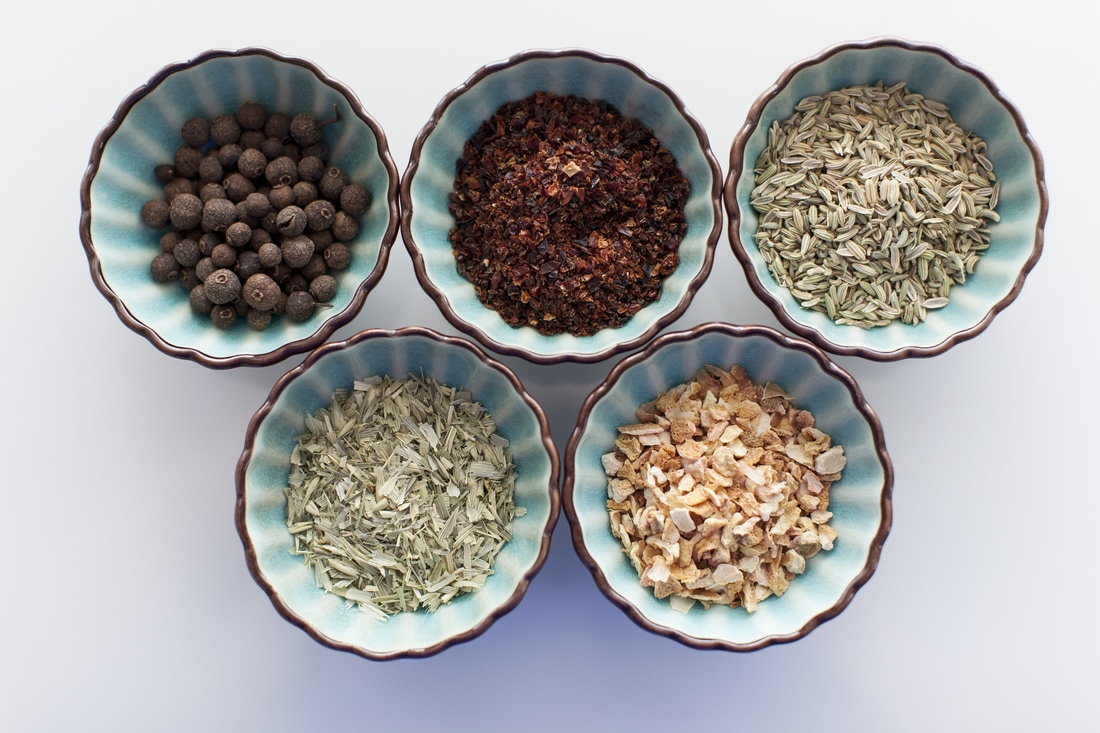
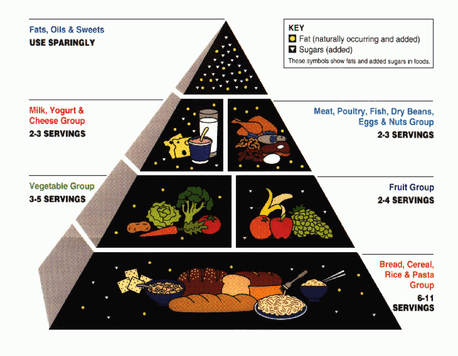
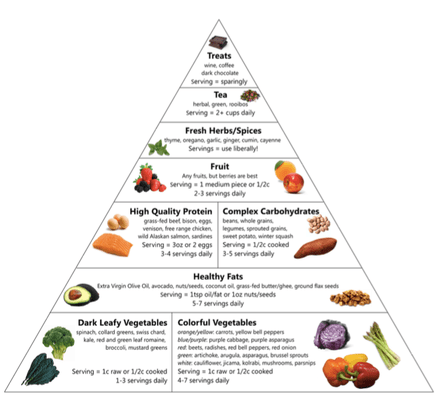



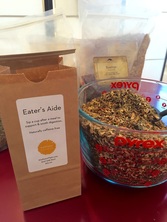
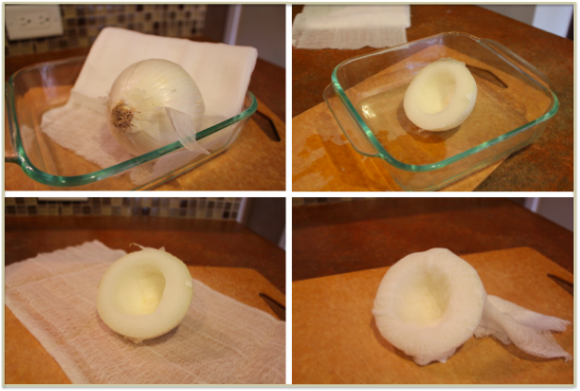
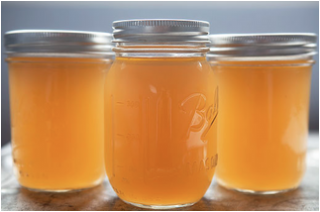

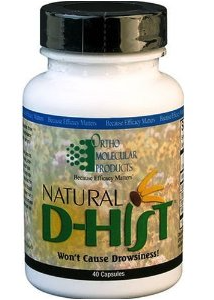



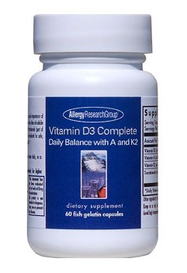


 RSS Feed
RSS Feed